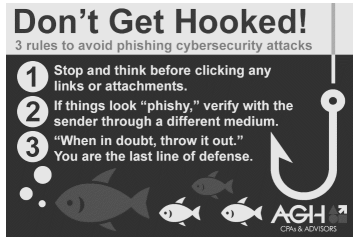Read Text I and answer the four question that follow it.
Text I
Behind the rise of ransomware
The story of the ransomware surge is the story of the
discovery, professionalization, and growth of the targeted attack
extortion model. Prior to 2016, most ransomware campaigns
targeted a large and effectively random pool of end users. This
“spray-and-pray” business model privileged quantity over quality,
meaning ransomware actors spent less time focusing on how to
apply pressure on a given victim and more time trying to reach as
many victims as possible. Until the tail end of this period,
ransomware did not generate enormous profits. Being a secondtier avenue of cybercrime, it failed to attract as much talent or
activity as it would in the years to come.
Ransomware experienced its first period of significant growth
between 2013 and 2016, when refinements to ransomware
payloads, the emergence of virtual currencies, and enhanced
anti-fraud measures from banks and cybersecurity vendors
increased the profitability of digital extortion relative to other
common avenues of cybercrime. What happened next remains
unclear, but with more activity concentrating on ransomware,
criminals appear to have learned how easy it was to extort
organizations before piecing together how lucrative these attacks
could be. Regardless, between 2016 and 2019, established
cybercriminal gangs entered the targeted ransomware business
en masse.
From that point until the summer of 2021, cybercriminals
invested growing time and resources to improve the targeted
extortion model. During this period, digital extortion became
more profitable because cybercriminal gangs and cybercrime
markets reoriented around a near limitless demand for targeted
ransomware. Moreover, as criminals learned how to best extract revenue from victims, they launched increasingly disruptive
ransomware attacks.
[…]
Even though it is tempting to hope that we are just one
diplomatic agreement, one technological leap, or one regulation
away from its elimination, targeted ransomware is here to stay.
As with other forms of crime, the government can expect better
outcomes by planning how to manage the issue over time rather
than searching for quick and complete solutions.
Adapted from: https://www.atlanticcouncil.org/wpcontent/uploads/2022/08/Behind_the_rise_of_ransomware.pdf


